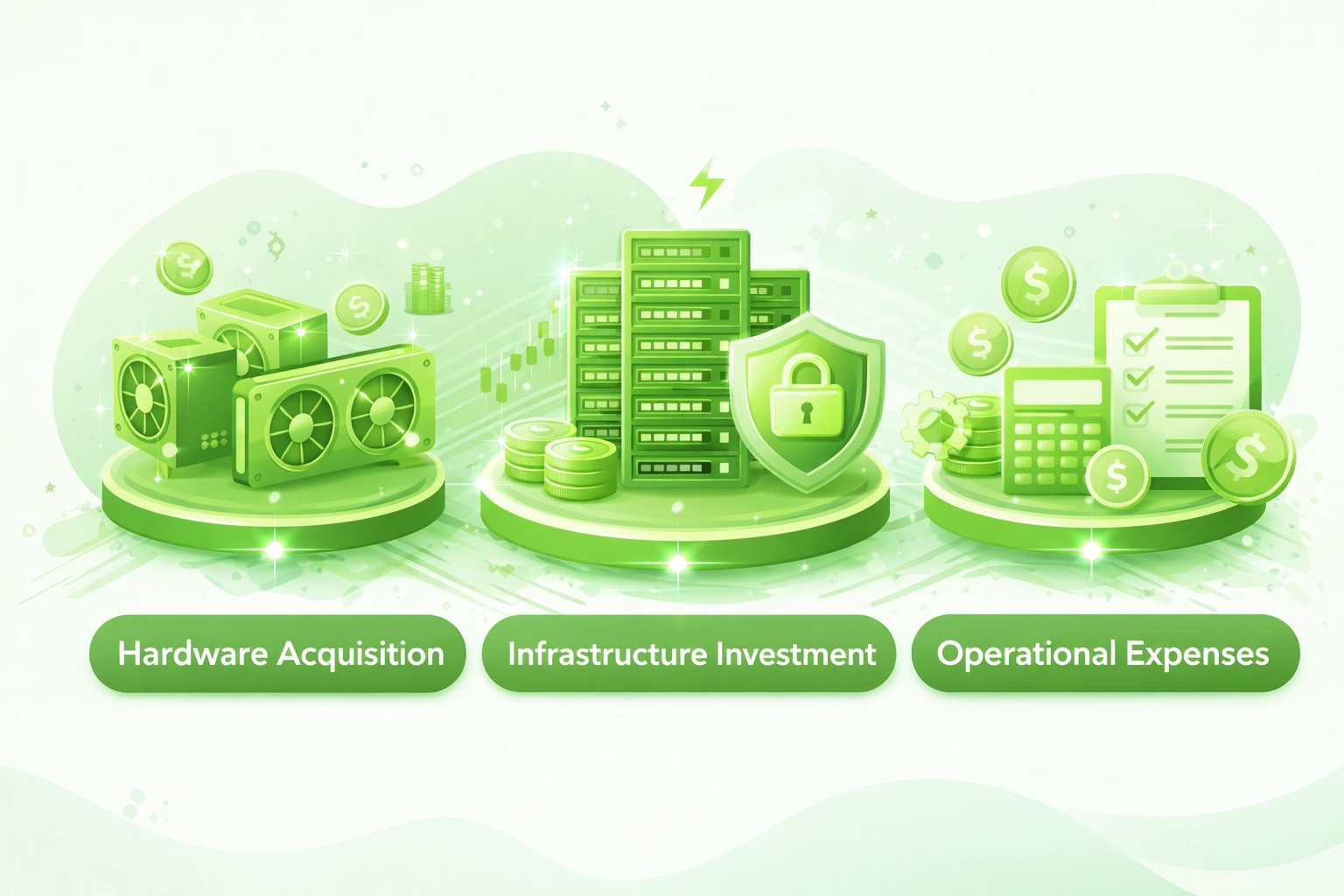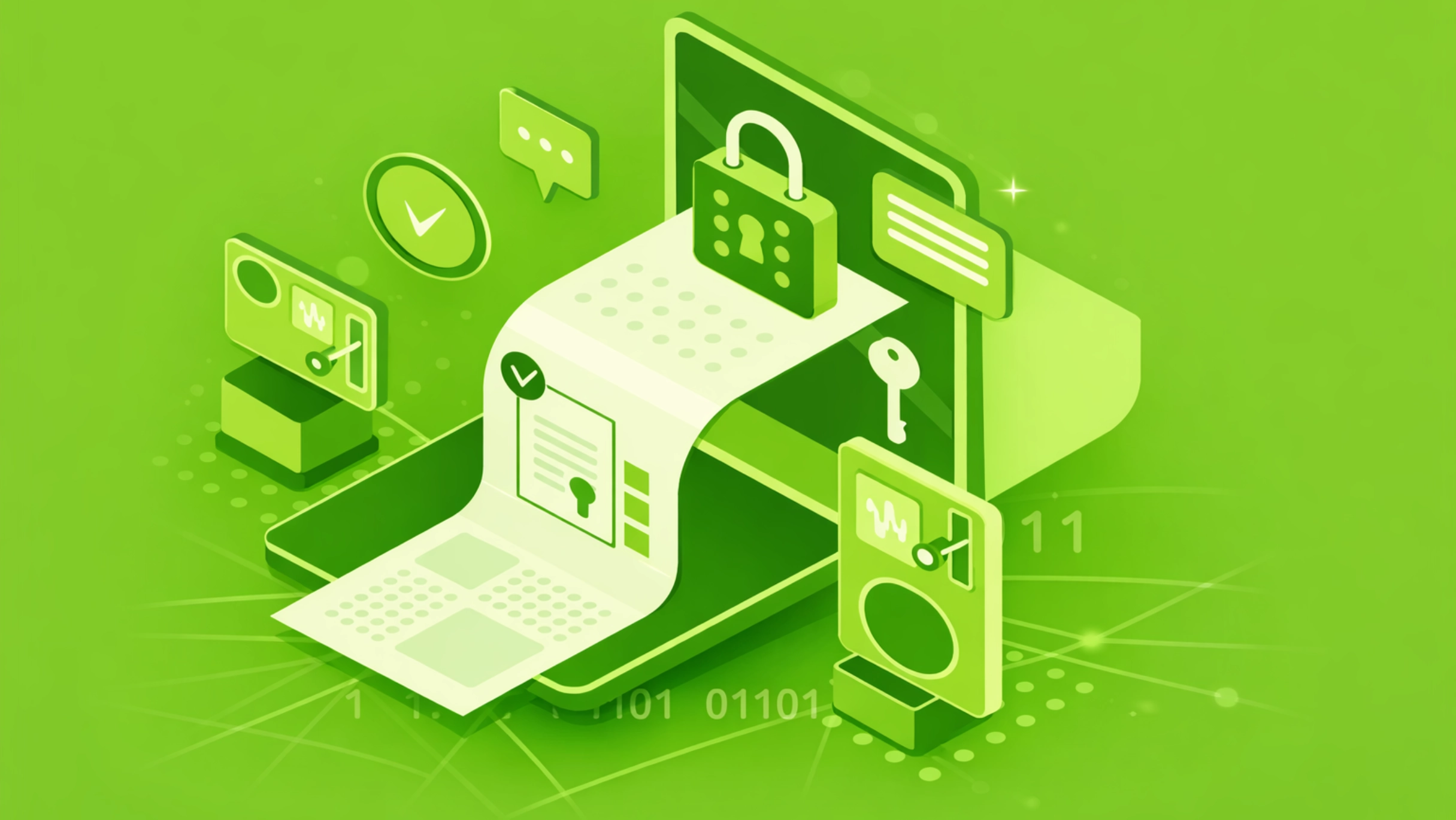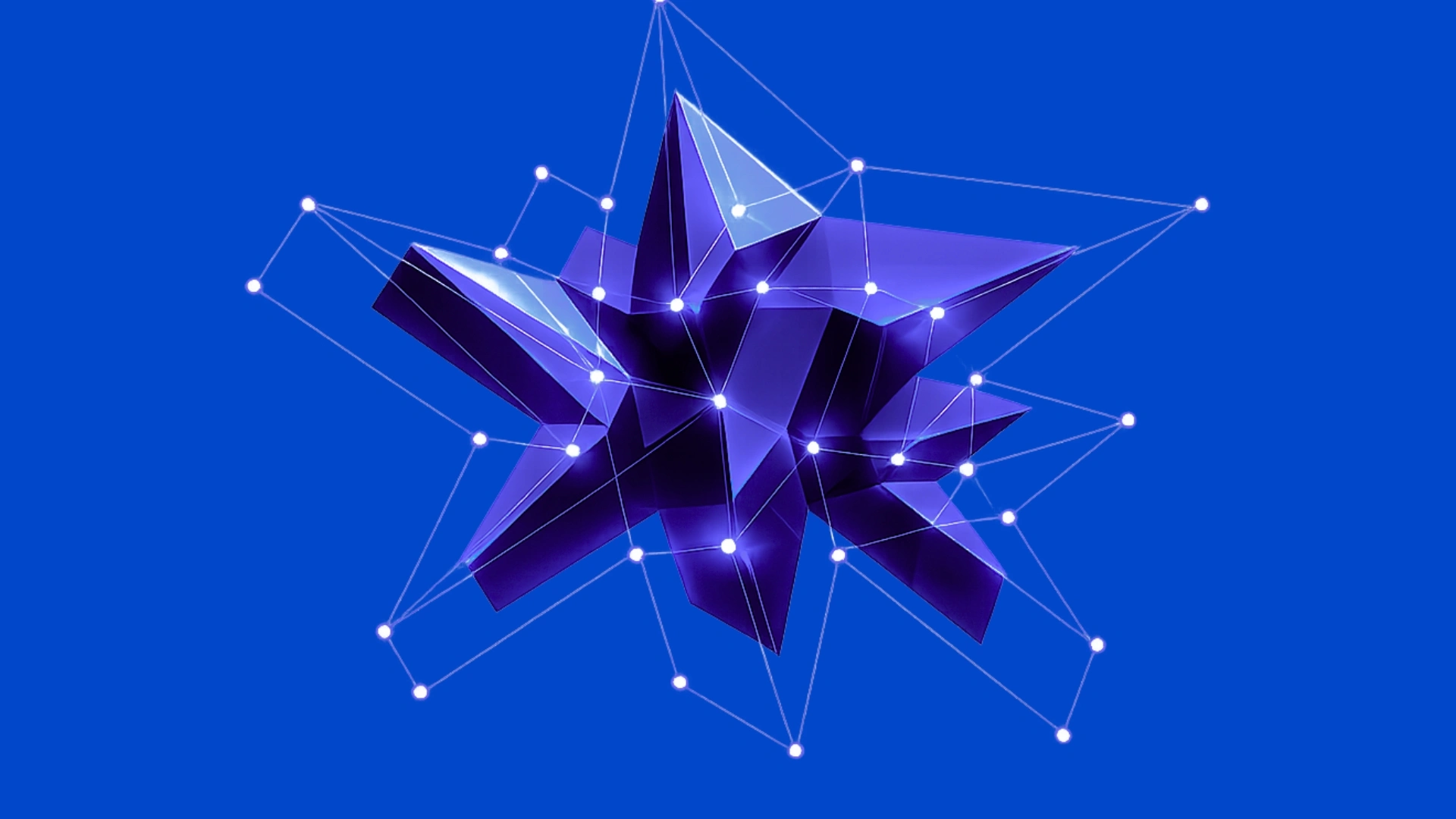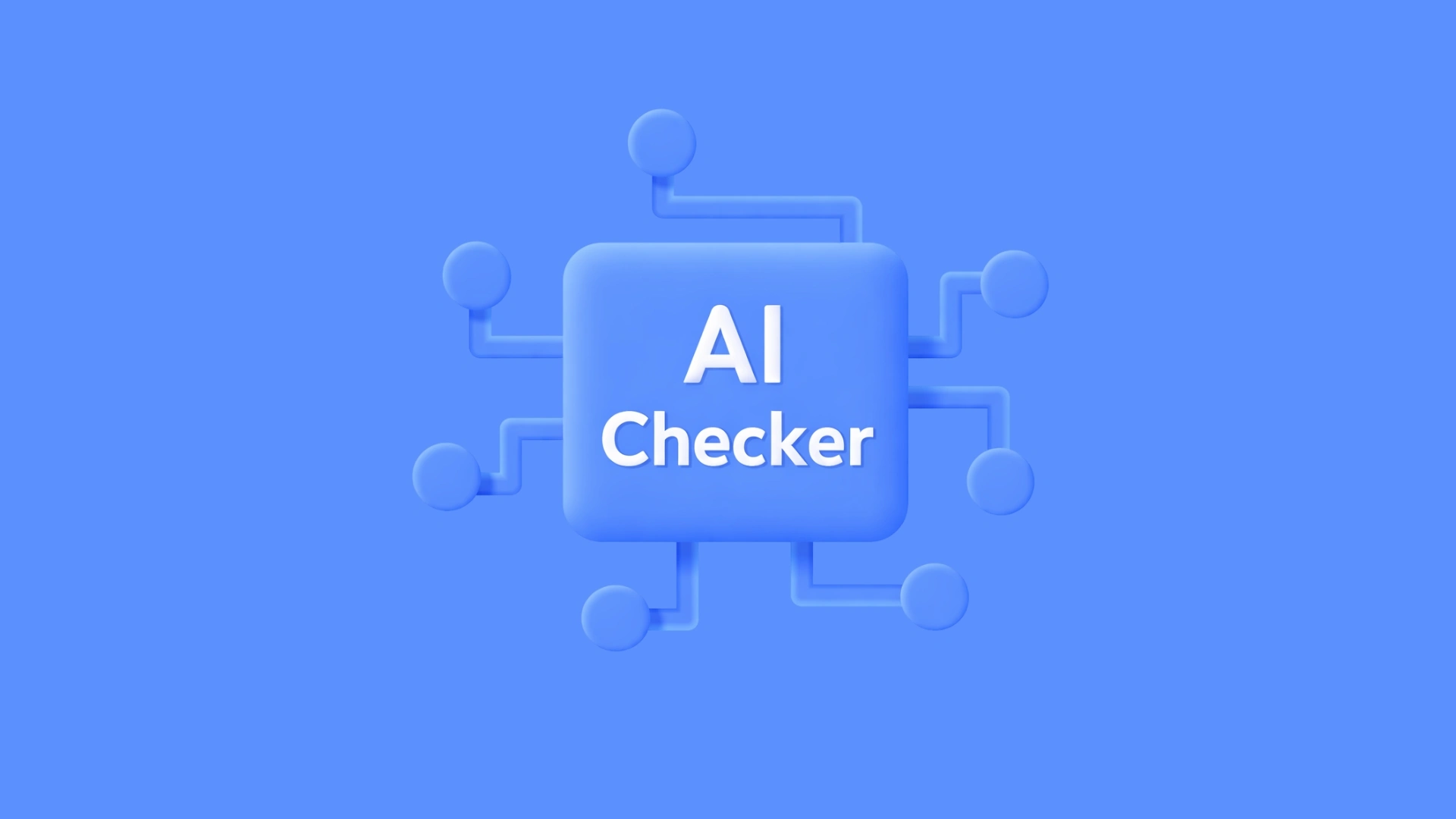Key Takeaways
- Hash rate quantifies total computational power securing proof-of-work blockchains, measured in hashes per second from kilohashes to exahashes across network scales.
- Economic security scales directly with rate as higher computational commitments increase the cost and complexity of executing successful network attacks.
- Mining centralization risks emerge when rate concentrates among few operators, potentially threatening decentralization and enabling coordinated attack scenarios.
- Difficulty adjustment algorithms maintain consistent block production times by automatically modifying mining complexity in response to rate fluctuations across network conditions.
- Hash rate migration between chains reflects changing profitability calculations as miners allocate resources toward networks offering optimal risk-adjusted returns.
- 51% attack thresholds establish practical security boundaries where controlling majority rate enables blockchain reorganization and double-spend exploitation capabilities.
- Energy efficiency improvements in mining hardware dramatically impact rate economics by reducing operational costs while increasing computational output per watt.
- Hash rate correlation with cryptocurrency prices creates cyclical relationships where market conditions drive mining profitability and subsequent computational power deployment patterns.
- Regulatory pressures in major markets including USA, UK, UAE, and Canada increasingly influence rate distribution through energy policies and mining restrictions.
- Post-quantum cryptographic considerations necessitate evaluating long-term rate security models against emerging computational paradigms and attack vectors.
Hash rate represents one of the most fundamental yet frequently misunderstood metrics in blockchain security, serving as the primary measure of computational commitment protecting proof-of-work networks against attacks and manipulation. Understanding how rate functions, what drives its fluctuations, and how it translates to practical security guarantees provides essential insights for anyone evaluating blockchain technology infrastructure, whether as investors assessing network viability, enterprises considering blockchain adoption, or policymakers shaping regulatory frameworks. This comprehensive analysis examines rate mechanics, economic implications, and strategic considerations drawn from extensive experience deploying and managing blockchain systems across global markets including North America, Europe, and the Middle East.
Hash Rate as a Measure of Economic Security in Blockchain Systems
Hash rate fundamentally measures the collective computational resources committed to maintaining and securing proof-of-work blockchain networks through continuous mining operations. This metric directly correlates with economic security by establishing the minimum cost an attacker must incur to compromise network integrity through acquiring sufficient mining hardware and energy resources. Bitcoin’s rate exceeding 400 exahashes per second represents billions of dollars in specialized mining equipment and ongoing operational expenses, creating prohibitive barriers against malicious actors attempting to reorganize blockchain history or execute double-spend attacks. The relationship between hash rate and security follows straightforward economics where higher computational commitments demand proportionally greater attack resources, making established networks with substantial rate essentially immune to practical attack scenarios given current technological and economic constraints across Blockchain Technology implementations globally.
Economic security models extend beyond simple rate figures to incorporate hardware costs, energy prices, and opportunity costs that collectively determine attack feasibility. Mining hardware represents substantial capital investments with limited alternative uses, particularly application-specific integrated circuits designed exclusively for blockchain mining that cannot be repurposed for other computational tasks. This specialization creates sunk cost dynamics where miners commit resources with long-term horizons, building economic moats around established networks through irreversible infrastructure investments. Energy consumption adds ongoing operational costs that attackers must sustain throughout attack durations, with major mining operations in USA, Canada, and other regions consuming megawatts of power continuously. The combination of capital and operational expenses establishes security budgets protecting blockchain networks, with rate serving as the visible metric quantifying these underlying economic commitments that ultimately determine practical attack resistance.
Computational Power and the Cost of Attacking Distributed Ledgers
Computational power requirements for attacking proof-of-work blockchains scale linearly with network rate, creating direct mathematical relationships between security strength and attack economics. A successful 51% attack requires controlling computational resources exceeding the combined rate of all honest network participants, demanding attackers acquire and operate mining capacity surpassing billions of dollars in hardware for major networks like Bitcoin or Ethereum Classic. The attack cost calculation incorporates hardware acquisition expenses, typically ranging from $20-50 per terahash for modern mining equipment, multiplied by the rate threshold needed for majority control. For Bitcoin’s 400+ EH/s network, achieving 51% control would require approximately 200 EH/s costing tens of billions in hardware alone, before considering energy, facility infrastructure, and technical expertise necessary for coordinated attack execution across distributed mining operations.
Attack sustainability introduces additional economic constraints beyond initial hardware investments, as malicious actors must maintain majority rate throughout attack durations to successfully reorganize blockchain history and execute profitable exploits. Energy costs dominate ongoing operational expenses, with large-scale mining consuming 5-15 cents per kilowatt-hour depending on regional electricity markets in USA, Canada, and other major mining jurisdictions. A sustained attack on Bitcoin would consume gigawatts of power costing millions daily in electricity alone, creating negative cash flows that quickly accumulate to total costs rivaling or exceeding potential attack profits from double-spending or market manipulation. These economic realities establish practical impossibility thresholds where attack costs so dramatically exceed plausible benefits that rational actors cannot justify attempts even if technically capable of assembling necessary resources, demonstrating how rate translates computational metrics into tangible economic security guarantees protecting blockchain networks.[1]
 Network Attack Cost Components
Network Attack Cost Components
Hardware Acquisition
- ASIC miner procurement costs at market rates
- Shipping and import duties across jurisdictions
- Lead times for large-scale equipment orders
- Hardware obsolescence during acquisition period
Infrastructure Investment
- Facility construction or leasing expenses
- Cooling systems for heat dissipation management
- Electrical infrastructure and grid connections
- Network connectivity and monitoring systems
Operational Expenses
- Energy consumption at regional electricity rates
- Hardware maintenance and replacement parts
- Technical personnel and operational management
- Insurance and regulatory compliance costs
Why Hash Rate Reflects Miner Commitment and Network Confidence
Hash rate serves as a transparent proxy for miner confidence and long-term commitment to blockchain networks, revealing market sentiment through observable computational resource allocation decisions. When miners increase rate deployments, they signal confidence in network sustainability and future profitability through irreversible capital investments in specialized hardware and infrastructure. This commitment extends beyond immediate profit calculations to incorporate long-term viability assessments, as mining equipment purchases represent multi-year time horizons where returns depend on sustained network operation and token value appreciation. Rising rates typically accompany bullish market sentiment as miners anticipate favorable conditions justifying expanded operations, while declining rates often precede or coincide with bearish periods where profitability concerns drive operational scale-backs and equipment shutdowns across mining facilities globally.
Network confidence manifests through hash rate stability during adverse market conditions, as committed miners continue operations despite reduced profitability, demonstrating conviction in eventual recovery and long-term value propositions. This resilience particularly matters during cryptocurrency bear markets when token prices decline dramatically, squeezing mining margins and testing operator resolve. rate persistence through these periods indicates strong foundational support from miners viewing temporary profitability challenges as acceptable given strategic positioning for future bull markets. Conversely, rapid rate declines during downturns suggest weaker commitment levels where miners prioritize short-term economics over long-term strategic positioning, potentially signaling deeper confidence issues regarding network viability. Institutional observers across financial centers in New York, London, Dubai, and Toronto monitor rate trends as leading indicators of network health, using these metrics to inform investment decisions and risk assessments for blockchain-related assets and infrastructure allocations.
Dynamic Hash Rate Fluctuations and Their Security Implications
Hash rate volatility creates dynamic security landscapes where network attack resistance fluctuates with computational power variations driven by mining economics, hardware availability, and market conditions. Short-term rate fluctuations commonly stem from variance in mining reward distribution, temporary hardware failures, or regional electricity disruptions affecting large mining operations concentrated in specific geographic areas. These minor variations typically resolve quickly without material security impacts, as attack planning requires sustained majority control rather than brief computational advantages. However, sustained rate declines exceeding 30-50% raise legitimate security concerns by proportionally reducing attack costs and potentially bringing previously infeasible attacks within reach of well-resourced adversaries with access to idle mining capacity or hardware markets.
Security implications scale nonlinearly with rate magnitude, as smaller networks with limited computational commitments face disproportionately greater risks from percentage-equivalent rate declines compared to established networks with massive absolute rates. A 50% decline on a network operating at 1 EH/s reduces security to 500 PH/s, potentially accessible to moderately resourced attackers, while a similar percentage decline on Bitcoin’s 400+ EH/s network still maintains 200+ EH/s representing insurmountable attack barriers for any practical adversary. This dynamic creates critical thresholds where emerging blockchain networks must achieve minimum viable rates providing adequate security margins, typically requiring sustained computational commitments exceeding several petahashes before institutional users and high-value applications consider networks sufficiently secure for serious adoption across enterprise deployments in regulated markets.
Hash Rate Distribution and the Risk of Mining Centralization
Hash rate distribution patterns critically influence blockchain decentralization characteristics and censorship resistance, with concentrated mining power creating potential single points of failure and coordination risks. Mining pool dominance represents the primary centralization vector, where several large pools collectively control majority network hash rate despite theoretically representing thousands of individual miners. This concentration enables potential collusion scenarios where pool operators could coordinate to reorganize blockchain history, censor specific transactions, or extract excessive fees from users. Geographic centralization compounds these risks, with historical concentrations in regions like China, USA, and Canada creating vulnerability to localized regulatory actions, infrastructure failures, or coordinated interventions that could simultaneously impact substantial hash rate percentages.
Centralization monitoring requires examining rate distribution across multiple dimensions including pool control, geographic concentration, hardware manufacturer dominance, and individual operator scale. Healthy decentralization manifests through broadly distributed rate where no single pool exceeds 25-30% control, mining operations span diverse geographic regions and regulatory jurisdictions, and no single hardware manufacturer supplies dominant market share enabling potential backdoor exploitation. Blockchain networks continuously balance decentralization ideals against mining efficiency realities, as economies of scale favor larger operations with better energy prices, hardware access, and operational expertise. This tension drives ongoing evolution in pool protocols, mining reward mechanisms, and consensus algorithms attempting to preserve decentralization while accommodating practical mining economics across globally distributed operations serving network security requirements.
Hash Rate Distribution Risk Assessment
| Distribution Metric | Healthy Range | Warning Threshold | Critical Risk |
|---|---|---|---|
| Largest Pool Share | Under 25% | 25-35% | Over 35% |
| Top 3 Pool Combined | Under 50% | 50-65% | Over 65% |
| Geographic Concentration | No region over 40% | Single region 40-60% | Single region over 60% |
| Hardware Manufacturer Dominance | Multiple suppliers | Single supplier 60-80% | Single supplier over 80% |
Difficulty Adjustment Algorithms and Hash Rate Stabilization
Difficulty adjustment mechanisms maintain consistent block production times despite hash rate fluctuations by periodically recalibrating mining complexity to match current computational power levels. Bitcoin’s algorithm adjusts difficulty every 2,016 blocks (approximately two weeks) based on actual block production speed versus the target 10-minute average, increasing difficulty when hash rate rises and decreasing when it falls. This self-regulating system ensures network security adapts dynamically to changing computational commitments without requiring protocol upgrades or centralized intervention. The adjustment magnitude responds proportionally to hash rate changes, with larger deviations triggering more substantial difficulty modifications while smaller variations produce modest adjustments maintaining relative stability across typical operating conditions.
Also Read: How Block Validation Works in Blockchain Architecture and Consensus Design
Algorithm design reflects careful balancing between responsiveness and stability, as overly aggressive adjustments create volatility while sluggish responses allow sustained block time deviations during major hash rate swings. Bitcoin’s two-week adjustment period provides substantial smoothing preventing overreaction to short-term variance, though this conservatism means significant hash rate changes can cause extended periods of faster or slower block production before difficulty catches up. Alternative implementations like Bitcoin Cash employ faster adjustment algorithms responding within single days or even individual blocks, trading stability for responsiveness in environments where hash rate volatility exceeds Bitcoin’s relatively stable computational commitment. These design choices fundamentally shape network behavior during hash rate transitions, with implications for transaction confirmation times, mining profitability stability, and overall user experience across different blockchain implementations serving diverse market requirements.
Mining Operation Lifecycle Management
Feasibility Analysis
Evaluate energy costs, hardware availability, regulatory environment, and profitability projections across candidate locations and network targets.
Infrastructure Deployment
Secure facility space, install electrical systems, implement cooling infrastructure, and establish network connectivity supporting mining operations.
Hardware Procurement
Order ASIC miners from manufacturers, manage shipping logistics, clear customs processes, and coordinate delivery to operational facilities.
Installation and Configuration
Rack mining hardware, configure firmware settings, connect to mining pools or solo operations, and verify proper functionality.
Operational Monitoring
Track hash rate performance, monitor energy consumption, detect hardware failures, and optimize operational efficiency continuously.
Profitability Management
Adjust operational scale based on mining economics, switch between profitable networks, manage treasury allocation of mined rewards.
Hardware Refresh Cycles
Replace obsolete equipment with newer generations, dispose of decommissioned hardware, maintain competitive efficiency against network difficulty.
Strategic Exit Planning
Evaluate ongoing viability, plan orderly shutdowns if economics deteriorate, liquidate equipment through secondary markets when appropriate.
Hash Power vs Energy Efficiency in Modern Proof-of-Work Networks
Energy efficiency represents a critical dimension of hash rate economics, determining operational profitability through the relationship between computational output and power consumption. Modern ASIC miners achieve dramatically improved efficiency compared to early generations, delivering 20-40 terahashes per kilowatt versus historical ratios measured in megahashes per watt. This thousand-fold efficiency improvement enables profitable mining at lower electricity rates and creates competitive advantages for operators securing cheap power sources in regions like Texas, Iceland, or hydroelectric facilities across Canada and Scandinavia. Efficiency evolution follows Moore’s Law analogues where new hardware generations double computational power while maintaining similar or reduced energy consumption, though physical limits increasingly constrain improvement rates as semiconductor manufacturing approaches atomic scales.
The efficiency-security relationship creates interesting dynamics where network hash rate growth can occur with declining or stable energy consumption as miners replace older equipment with more efficient modern alternatives. This decoupling challenges simplistic narratives around proof-of-work environmental impact, as aggregate network power usage depends on hardware generation mix rather than total hash rate alone. However, economic incentives drive perpetual hash rate growth as long as mining remains profitable, typically overwhelming efficiency gains through expanded deployment of even the most efficient equipment. Regulatory pressures in USA, UK, EU, and other major markets increasingly focus on mining energy consumption, potentially constraining hash rate growth through carbon pricing, direct prohibitions, or renewable energy requirements that alter mining economics and geographic distribution patterns across global operations.
Hash Rate Migration Across Chains and Its Market Impact
Hash rate migration between compatible blockchains sharing mining algorithms reveals mining profitability dynamics and strategic capital allocation across competing networks. When cryptocurrency prices diverge between chains using identical hashing algorithms like Bitcoin and Bitcoin Cash, rational miners redirect computational resources toward more profitable networks, creating observable hash rate transfers following price differentials and difficulty adjustments. These migrations impact both source and destination networks, with declining hash rates potentially threatening security on abandoned chains while surges on target networks trigger difficulty increases that eventually rebalance mining economics. The fluid movement demonstrates mining capital’s flexibility and profit-seeking behavior, validating economic models predicting resource allocation based on marginal returns across alternative deployments.
Market impacts extend beyond direct participants to affect token valuations, exchange rates, and investor sentiment as hash rate serves as visible commitment indicator across competing blockchain implementations. Sustained hash rate inflows typically correlate with price appreciation as miners demonstrate confidence through expanded computational commitments, creating positive feedback loops attracting additional participants. Conversely, hash rate exodus signals deteriorating economics and reduced miner confidence, potentially triggering bearish sentiment cascades as markets interpret declining security budgets as fundamental weakness. These dynamics matter particularly for newer blockchain networks competing against established players, where achieving critical hash rate thresholds demonstrating viable security becomes essential for institutional adoption and serious market consideration across enterprise evaluations in regulated jurisdictions throughout North America, Europe, and Middle Eastern financial centers.
51% Attack Thresholds and Practical Feasibility Analysis
The 51% attack threshold represents the critical hash rate level where attackers gain consensus control enabling blockchain reorganization, transaction censorship, and double-spend execution capabilities. Achieving this threshold requires controlling computational resources exceeding the combined hash rate of all honest network participants, establishing a clear mathematical boundary between secure and vulnerable network states. However, practical attack feasibility extends beyond simple percentage calculations to incorporate hardware availability, operational complexity, and economic incentives that collectively determine whether attacks remain theoretical possibilities or realistic threats. Major networks with hundreds of exahashes distributed across thousands of independent miners present essentially insurmountable attack barriers, while smaller networks operating at petahash or terahash levels face meaningful vulnerability to well-resourced adversaries with access to mining equipment markets or idle computational capacity.
Attack economics incorporate both direct costs and opportunity costs creating complex profitability calculations that typically favor honest mining over malicious behavior. Direct costs include hardware acquisition, energy consumption during attack execution, and potential detection triggering defensive responses from honest participants and exchanges implementing longer confirmation requirements or temporary deposit freezes. Opportunity costs reflect foregone mining rewards honest miners would earn during attack periods, creating significant economic disincentives as attackers sacrifice legitimate income pursuing uncertain exploit profits. These combined factors establish practical impossibility thresholds well below theoretical 51% boundaries, with networks achieving even 10-20 exahashes becoming economically infeasible attack targets given current hardware markets and energy economics. Security-conscious enterprises evaluating blockchain platforms for critical applications typically require minimum hash rate thresholds exceeding several petahashes before considering networks sufficiently secure for deployment across regulated markets in USA, Canada, UK, and UAE jurisdictions.
Authoritative Hash Rate Security Standards
Standard 1: Enterprise applications require minimum 10 PH/s network hash rate before considering blockchain platforms for production deployments.
Standard 2: No single mining pool should control more than 35% network hash rate to maintain adequate decentralization margins.
Standard 3: Geographic distribution should prevent single jurisdiction from hosting over 60% of total network computational power.
Standard 4: Monitor hash rate trends continuously with automated alerts triggering when fluctuations exceed 25% over 24-hour periods.
Standard 5: Implement multi-confirmation policies scaling with transaction value, requiring 6+ confirmations for high-value transfers above $100K.
Standard 6: Evaluate mining hardware diversity ensuring no single manufacturer provides over 80% of network hash rate capacity.
Standard 7: Conduct quarterly security assessments analyzing hash rate concentration risks and updating threat models accordingly.
Standard 8: Maintain contingency plans for hash rate emergency scenarios including rapid declines or evidence of coordinated mining attacks.
Correlation Between Hash Rate, Price Volatility, and Miner Behavior
Hash rate exhibits strong correlation with cryptocurrency price movements through mining profitability mechanisms linking token valuations to computational resource allocation decisions. Rising prices increase mining revenue per block, improving profitability margins that incentivize hardware deployment and operational expansion across mining operations globally. This relationship manifests through observable hash rate growth lagging price increases by several weeks or months, reflecting hardware procurement lead times and facility expansion cycles required for capacity additions. The correlation strengthens during sustained bull markets where consistent profitability improvements justify substantial capital investments in new equipment and infrastructure, while weakening during volatile periods where price uncertainty discourages long-term commitments despite temporarily attractive returns.
Miner behavior patterns reveal sophisticated optimization strategies balancing immediate profitability against long-term positioning across market cycles. During price peaks, miners typically reduce token sales retaining larger reward portions as investment in anticipated future appreciation, effectively accumulating treasury positions funded through operational cash flows. Bear markets invert this behavior, forcing increased selling to cover fixed operational costs creating selling pressure exacerbating downward price trends. These dynamics create cyclical patterns where hash rate growth during bull markets persists into early bear phases before profitability deterioration triggers operational scale-backs, while hash rate recovery during bear market conclusions signals miner confidence in imminent recovery. Understanding these behavioral patterns provides valuable market intelligence for investors and enterprises monitoring blockchain network health and sustainability across investment and deployment decisions in major markets.
Hardware Specialization and Its Influence on Hash Rate Dominance
Hardware specialization through application-specific integrated circuits represents the dominant force shaping modern proof-of-work hash rate distributions and mining economics. ASIC miners deliver orders of magnitude higher efficiency than general-purpose computing hardware, creating insurmountable competitive advantages that effectively eliminate GPU or CPU mining from networks where ASICs exist. This specialization concentrates hash rate among operators with capital access to purchase expensive dedicated equipment, raising barriers to entry that exclude casual participants while professionalizing mining into industrial-scale operations. The ASIC development cycle follows technological progression patterns where each new generation improves efficiency by 30-50%, creating upgrade pressure on existing operators who must continuously invest in latest hardware to maintain competitive positions against rivals deploying cutting-edge equipment.
Specialized hardware creates interesting security dynamics through the illiquid nature of mining equipment that cannot be easily repurposed for alternative uses or attacks on different networks. Bitcoin ASICs perform exclusively SHA-256 hashing, providing no value for attacking Ethereum or other networks using different algorithms, creating natural security through hardware incompatibility. However, this specialization also introduces manufacturer concentration risks where few companies like Bitmain, MicroBT, and Canaan dominate global ASIC production, potentially enabling supply chain attacks, backdoor implementations, or coordinated market manipulation through hardware availability controls. Geographic manufacturing concentration in specific Asian regions compounds these vulnerabilities, creating dependencies that regulatory authorities in USA, Canada, UK, and other markets increasingly scrutinize as blockchain systems become critical infrastructure components supporting financial services and other essential industries.
Hash Rate as a Defense Against Double-Spend Attacks
Hash rate provides the fundamental defense mechanism against double-spend attacks by establishing computational work requirements for blockchain reorganization enabling transaction reversals. Attackers attempting double-spends must not only execute initial fraudulent transactions but also mine alternative blockchain histories excluding those transactions while accumulating sufficient proof-of-work to overtake the honest chain. The required computational effort scales linearly with confirmation depth, as each additional block requires proportional hash rate expenditure, creating exponentially decreasing attack success probabilities as transactions gain more confirmations. Standard security practices recommend 6 confirmations for high-value Bitcoin transactions, representing approximately one hour of global hash rate commitment that would cost attackers hundreds of millions in hardware and energy to overtake through alternative chain construction.
Double-spend prevention effectiveness depends critically on absolute hash rate magnitude rather than percentage metrics, as attackers must acquire real computational resources regardless of network scale. A network operating at 100 EH/s provides vastly superior double-spend protection compared to 1 EH/s network even though both require 51% attacks for reorganization, because the absolute hardware and energy requirements differ by two orders of magnitude. This dynamic explains why major exchanges and payment processors implement variable confirmation requirements scaling with network hash rate and transaction value, requiring more confirmations for smaller networks or larger transfers to maintain equivalent security guarantees. Enterprise treasury management and high-value settlements typically demand custom confirmation policies exceeding standard recommendations, sometimes waiting 20-50 blocks on smaller networks to achieve security levels equivalent to 6 confirmations on Bitcoin’s massive hash rate infrastructure.
Recommended Confirmation Depths by Hash Rate
| Network Hash Rate | Low Value (<$1K) | Medium Value ($1K-$100K) | High Value (>$100K) |
|---|---|---|---|
| Over 100 EH/s | 1-2 confirmations | 3-6 confirmations | 6-12 confirmations |
| 10-100 EH/s | 2-3 confirmations | 6-10 confirmations | 12-20 confirmations |
| 1-10 EH/s | 3-5 confirmations | 10-15 confirmations | 20-30 confirmations |
| Under 1 EH/s | 6-10 confirmations | 20-30 confirmations | Evaluate alternative platforms |
Future of Hash Rate in Hybrid and Modular Blockchain Architectures
Hash rate concepts evolve alongside blockchain architecture innovations introducing hybrid consensus mechanisms, modular designs, and alternative security models that augment or replace traditional proof-of-work mining. Merged mining enables blockchains to leverage hash rate from established networks like Bitcoin without requiring independent mining operations, effectively borrowing security through auxiliary proof-of-work validation. This approach allows smaller networks to benefit from Bitcoin’s massive hash rate providing baseline security while maintaining independent consensus rules and governance structures. Modular architectures separate consensus, execution, and data availability layers, potentially concentrating hash rate requirements exclusively on settlement layers while alternative mechanisms secure higher-level components, creating hierarchical security models with differentiated computational commitments across stack components.
Also Read: What is an EVM? How does it Work?
Future hash rate evolution likely incorporates post-quantum cryptographic considerations as quantum computing advances threaten current hash function security assumptions underlying proof-of-work systems. Transitioning to quantum-resistant algorithms would reset hash rate measurements and require entirely new mining hardware, creating disruptive upgrade cycles impacting existing infrastructure investments across global mining operations. Regulatory developments in major markets including USA, Canada, UK, and UAE increasingly influence hash rate distribution through energy policies, carbon pricing, and direct mining restrictions that alter geographic concentration patterns and operational economics. These combined technological and regulatory forces shape long-term hash rate trajectories, determining whether proof-of-work mining persists as dominant blockchain security paradigm or gradually transitions toward alternative consensus mechanisms offering different security-decentralization-efficiency tradeoffs for future distributed ledger implementations.
Secure Your Blockchain Infrastructure with Expert Guidance
Partner with experienced blockchain architects to evaluate hash rate security, optimize mining operations, and implement robust proof-of-work solutions.
Frequently Asked Questions
Hash rate represents the total computational power dedicated to mining and processing transactions on proof-of-work blockchain networks, measured in hashes per second. This metric quantifies how many cryptographic hash calculations the entire network can perform collectively, directly correlating with security strength and attack resistance. Higher hash rates indicate more mining resources committed to the network, making attacks exponentially more expensive and difficult. Hash rate fluctuates based on mining profitability, hardware availability, energy costs, and market conditions, serving as a key indicator of network health and miner confidence across blockchain ecosystems.
Hash rate directly determines the economic cost of attacking proof-of-work blockchains through the computational resources required to overcome honest mining power. Networks with higher hash rates become proportionally more expensive to attack, as malicious actors must acquire and operate mining hardware exceeding the collective power of honest participants. This creates a security budget measured by the total value of mining infrastructure and operational costs, establishing a practical threshold beyond which attacks become economically infeasible. Hash rate increases strengthen security margins, while decreases potentially expose networks to heightened attack risks if sufficient computing power remains accessible to adversaries.
Hash rate volatility stems from dynamic mining economics where profitability calculations drive miner behavior and resource allocation decisions. When cryptocurrency prices rise or transaction fees increase, mining becomes more profitable, attracting additional hash power as miners deploy new hardware or reactivate dormant equipment. Conversely, price declines or rising energy costs reduce profitability, causing some miners to shut down operations, thereby decreasing network hash rate. Difficulty adjustment mechanisms respond to these fluctuations by modifying mining complexity to maintain consistent block production times despite varying computational power, creating cyclical relationships between price, profitability, hash rate, and difficulty across market conditions.
A 51% attack occurs when malicious actors control majority hash rate on a proof-of-work network, enabling them to reorganize blockchain history, reverse transactions, and execute double-spend attacks. Hash rate serves as the primary defense mechanism by establishing the computational threshold attackers must exceed to gain consensus control. Networks with higher absolute hash rates require proportionally greater resources for successful attacks, often exceeding practical and economic feasibility. The attack cost includes acquiring sufficient mining hardware, consuming massive energy resources, and sustaining operations long enough to reorganize meaningful blockchain depth, creating prohibitive barriers on well-established networks with substantial hash rate commitments.
Hash rate measurement expresses computational power in standardized units scaling from hashes per second (H/s) through kilohashes (KH/s), megahashes (MH/s), gigahashes (GH/s), terahashes (TH/s), petahashes (PH/s), to exahashes (EH/s) for the largest networks. Network-wide hash rate is estimated by analyzing block production rates relative to current difficulty settings, calculating the computational power required to maintain observed mining speeds. Individual miners measure local hash rates through mining software monitoring their hardware performance, while mining pools aggregate member contributions. Reported figures represent approximations rather than precise measurements, with estimation accuracy improving over longer observation periods as statistical variance decreases across larger block samples.
Reviewed & Edited By

Aman Vaths
Founder of Nadcab Labs
Aman Vaths is the Founder & CTO of Nadcab Labs, a global digital engineering company delivering enterprise-grade solutions across AI, Web3, Blockchain, Big Data, Cloud, Cybersecurity, and Modern Application Development. With deep technical leadership and product innovation experience, Aman has positioned Nadcab Labs as one of the most advanced engineering companies driving the next era of intelligent, secure, and scalable software systems. Under his leadership, Nadcab Labs has built 2,000+ global projects across sectors including fintech, banking, healthcare, real estate, logistics, gaming, manufacturing, and next-generation DePIN networks. Aman’s strength lies in architecting high-performance systems, end-to-end platform engineering, and designing enterprise solutions that operate at global scale.







